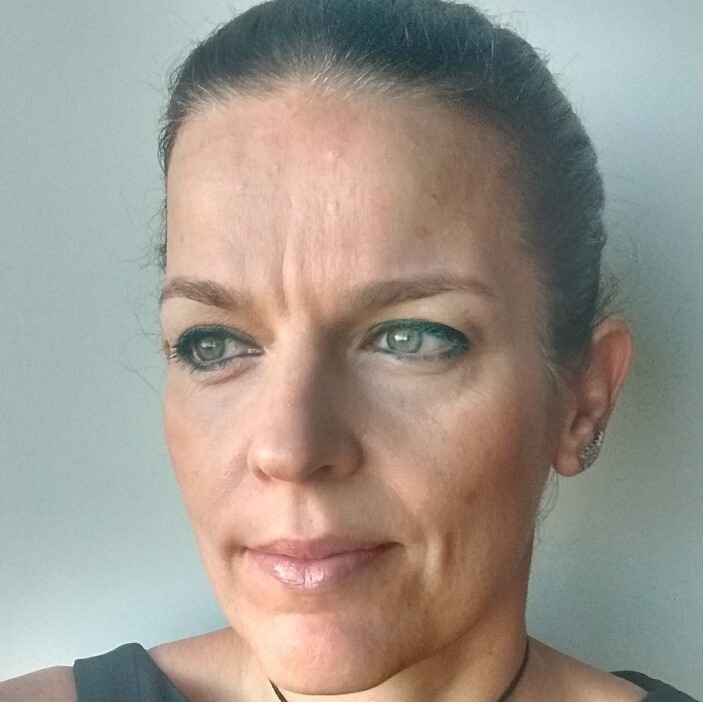
Why we do it
SCF members occupy a unique position within the soy value chain, connecting producers with feed and retail companies downstream. Beyond the value chain, we also operate in a complex ecosystem of stakeholders, including civil society, community leaders, investors and governments.
This gives us a unique opportunity to identify and pursue common agendas and points of leverage across the soy value chain, helping to simultaneously support the livelihoods of producers and meet growing global consumer demand for more sustainable food and feed products.

Where we are
Indirect supplier engagement
Considering their central role in the creation of sustainable soy markets, farmers are a priority stakeholder for the SCF. And promoting traceability as far upstream as possible in the supply chain inevitably means engaging with producers, even when they are indirect suppliers. Understanding their perception and the reality on the ground is fundamental to helping us shape and support solutions that begin in the field.
Financial stakeholders
The finance sector is critical in driving change for deforestation- and conversion-free soy supply chains and must play a role in redirecting financial flows away from high-risk development models. In this context, the SCF is currently engaging with the Principles for Responsible Investment’s Sustainable Commodities Practitioners’ Group, a United Nations-supported network of investors, to provide constructive feedback on the shaping of their model Deforestation Policy and thereby ensure that investments sustain responsible businesses.
Moreover, the SCF will channel funds to landscape interventions to create the necessary financial incentives to limit the Cerrado’s conversion. In this context, we are working on identifying financial stakeholders to help leverage the full potential of our efforts to transform landscapes.
European National Soya Initiatives (ENSI)
ENSI convenes European initiatives focused on supporting the transition to sustainable soy supply chains. We are pursuing our efforts in the establishment of productive conversations with ENSI representatives to align our goals with that of European market concerns.
The Consumer Goods Forum
As committed to in June 2021, our relations with consumer-facing companies such as the Consumer Goods Forum’s Forest Positive Coalition have gained in strength and taken the shape of several constructive workshops. Nevertheless, we must pursue the tightening of these relations to find alignment on a shared set of principles for DCF soy accounting and the development of joint investment opportunities for landscape interventions in the Cerrado. We are setting up working groups to focus on specific topics, such as defining common indicators to measure progress on DCF soy and identifying shared opportunities on landscape initiatives.

Throughout 2021 we have focused on building a constructive collaboration between the Soft Commodities Forum and the Consumer Goods Forum’s Forest Positive Coalition Soy Working Group. With a shared trust and transparency mindset, we have reached the right balance between discussing long-term alignment on some of the most complex aspects linked to soy-driven deforestation and conversion and taking short-term actions on topics such as common monitoring rules and getting to an understanding on the realities and solutions to ecosystem risks in the Brazilian sourcing landscapes.
I truly believe that this new foundation will help us reach the necessary alignment between the key stakeholders along the soy supply chain and advance rapidly toward our common conversion-free and forest-positive goals.

Co-Chair, Soy Working Group, The Consumer Goods Forum Forest Positive Coalition
Global Sustainable Sourcing Lead, Cereals & Soy, Nestlé


The Soft Commodities Forum is one of the most well positioned and effective initiatives to tackle deforestation and conversion today. We are interested in understanding from a very practical standpoint how we could implement our model investment deforestation policy together. Firstly, examining how ready traders and their supply chain are to implement and report on the asks of the policy, particularly regarding traceability. The accountability of the whole supply chain and of the investors themselves are key to managing climate change events and risks at the local level. Secondly, it is a further occasion to start building the potential transition scenarios for the places where deforestation is occurring.

Head of Environment, Principles for Responsible Investment’s Sustainable Commodities Practitioners’ Group


